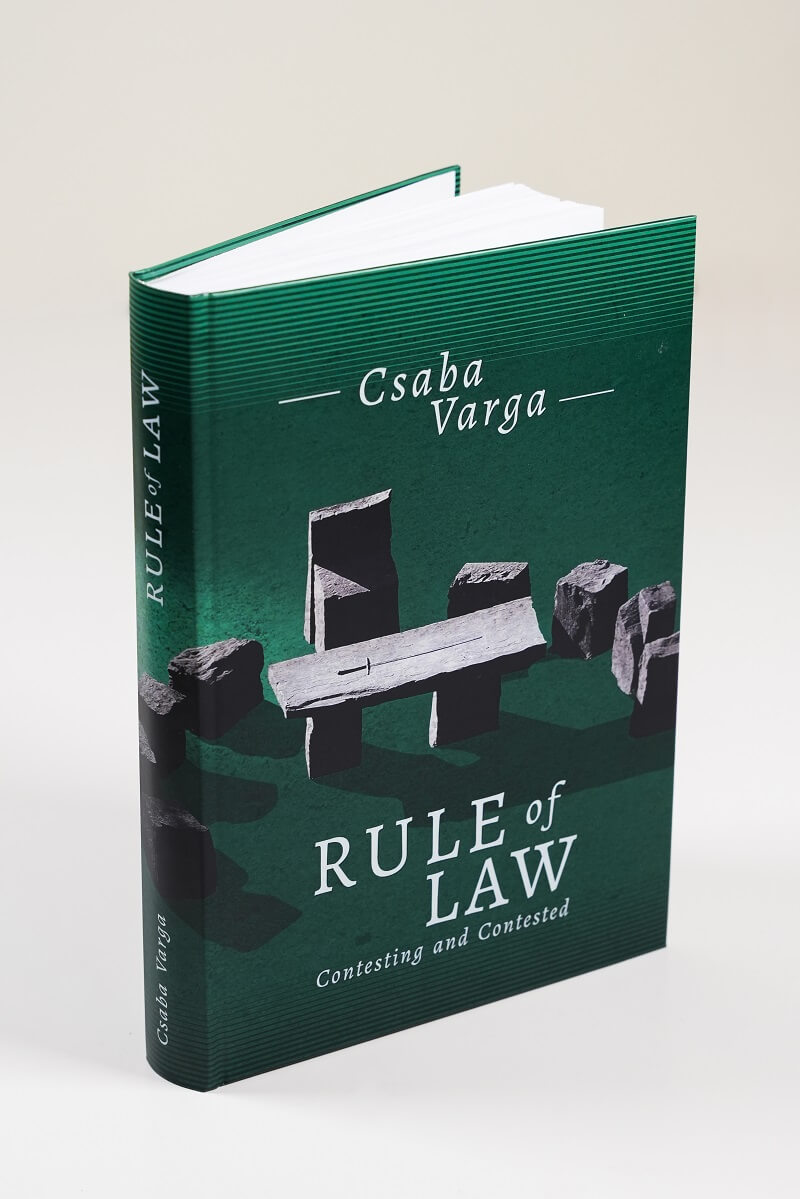The rule of law has become a watchword in international politics over the last few decades. It has been transformed from a descriptum into a prescriptum, a criterion for judging legal orders, transferred from the legal to the political sphere. For Hungary, its impact coincided with the dissolution of the Soviet empire and the advance of globalization in our unipolar world. But what did not become, could not become, an operative term in law, since it is not linked to a definition of facts that would allow it to become legally ascertained and established as a set of facts constituting a legal case. Because, by its very nature, it is not a class concept with sharp boundaries, but a concept of order that can only be clarified by characterization and through examples. It is what literature calls essentially contested, and what institutions and authors are constantly expanding with competing formulations, which has long since led to its internal emptying out. In its origin and development, it has never been anything other than the accumulated experience of civilizational self-growth in the operation of the law by the state, which has evolved in responses to the challenges of various places and times. That is, it is particular. And the way in which our present attempts to universalize this – in which, of course, mutual learning processes between nations and ages are also involved – is a mere artificial projection, which conceals the West’s urge to export the values that guide it. Not a yes or no category, but an ideal towards which we strive. Contradictory, with compromises, because if we attempted to satisfy it in its entirety, the conflicting values within it could extinguish each other; consequently, only a case-by-case weighing up of these values can ensure that a balance, optimally satisfactory there and then, is achieved.
The volume contains the author’s writings from three decades of searching for a way forward and a response.



